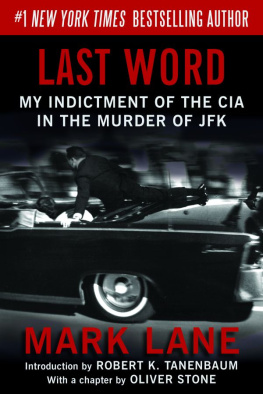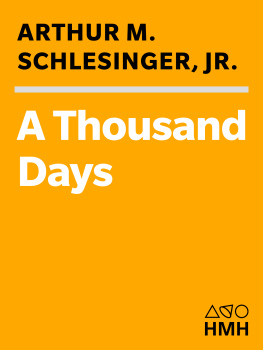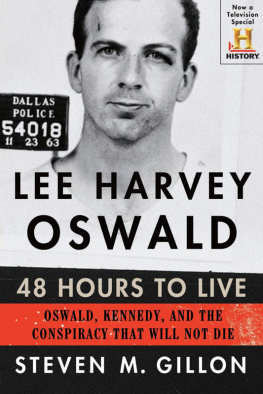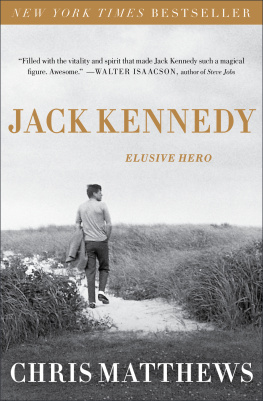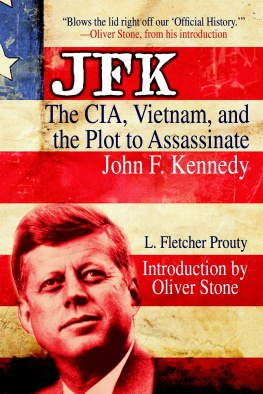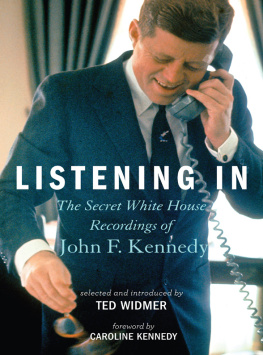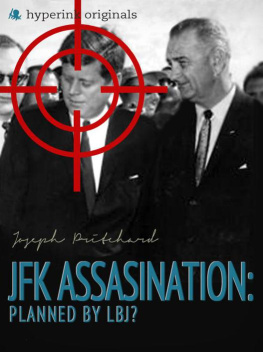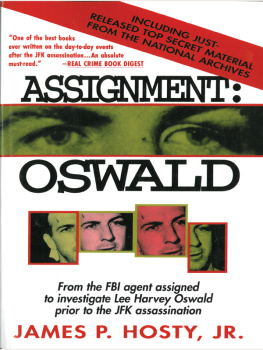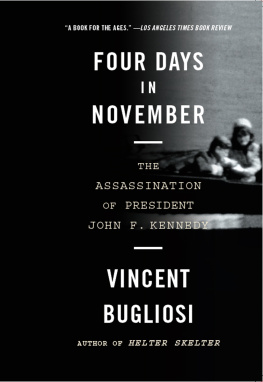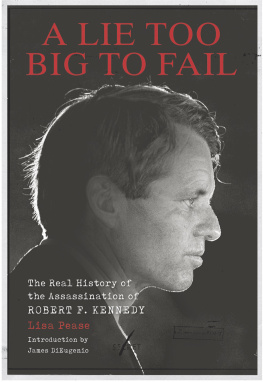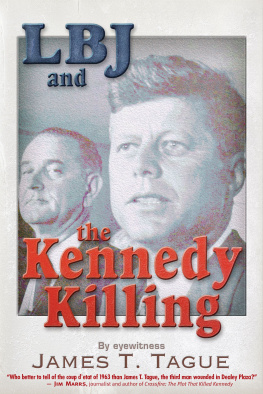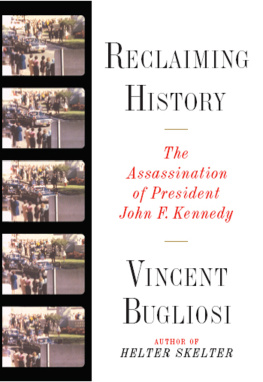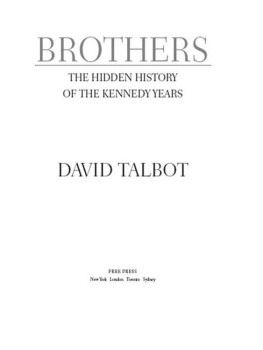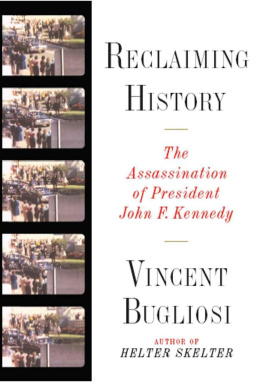
Last Word
Works by Mark Lane
BOOKS
Rush to Judgment
A Citizens Dissent
Arcadia
Chicago Eyewitness
Conversations With Americans
Executive Action
Murder in Memphis
The Strongest Poison
SCREENPLAYS
Executive Action
Arcadia
Plausible Denial
PLAYS
The Trial of James Earl Ray
DOCUMENTARY FILMS
A Rush to Judgment
Two Men in Dallas
LAST WORD
MY INDICTMENT OF THE CIA
IN THE MURDER OF JFK
MARK LANE
INTRODUCTION BY ROBERT K. TANENBAUM
WITH A CHAPTER BY OLIVER STONE

A HERMAN GRAF BOOK
SKYHORSE PUBLISHING
Copyright 2011 by Mark Lane
All Rights Reserved. No part of this book may be reproduced in any manner without the express written consent of the publisher, except in the case of brief excerpts in critical reviews or articles. All inquiries should be addressed to Skyhorse Publishing, 307 West 36th Street, 11th Floor, New York, NY 10018.
Skyhorse Publishing books may be purchased in bulk at special discounts for sales promotion, corporate gifts, fund-raising, or educational purposes. Special editions can also be created to specifications. For details, contact the Special Sales Department, Skyhorse Publishing, 307 West 36th Street, 11th Floor, New York, NY 10018 or .
Skyhorse and Skyhorse Publishing are registered trademarks of Skyhorse Publishing, Inc., a Delaware corporation.
10 9 8 7 6 5 4 3 2 1
Library of Congress Cataloging-in-Publication Data is available on file.
ISBN: 978-1-61608-428-8
Printed in the United States of America
In remembrance of the victims.
Those more than fifty thousand Americans who died in Vietnam. The Vietnamese prisoners of war tortured and executed by the CIA in Vietnam. Those Americans who suffered in abusive experiments and those who died at the hands of the CIA in their own country.
And John F. Kennedy.
Contents
Introduction
T hroughout American history, heroic individuals committed to the core principles of American exceptionalism have championed the unpopular righteous cause. They witnessed injustice and sought to correct it. They experienced intolerance and refused to accept it. They encountered evil and struggled to defeat it.
During many of these confrontations, they risked their reputations and were subjected to public scorn. Yet, they endured not because they reveled in unpopularity but because they understood that momentary public censure borne of ignorance and prejudice was the price paid for a pure soul and the cost of virtuous ethical conviction.
Mark Lane is such a man and Last Word is incontrovertible corroboration. Throughout his professional career, Lane has used his brilliance in and out of the courtroom to represent the underdog. Time after time, he challenged the government to present trustworthy evidence in the numerous cases he tried. He always spoke truth to power. He was so committed to exposing injustice, it can be said that he was willing to march into hell, to pursue a heavenly cause.
Lanes Last Word reveals his courageous challenge to the Warren Commission report and his scathing critique of unconscionable CIA outrages. The penetrating accuracy of his reportage may be measured by the personal attacks he endured that were orchestrated by upper-echelon rogue CIA operatives. In fact, to obfuscate and diminish the credibility of Lanes critique of the Warren Commission findings, the CIA created and disseminated false and defamatory impressions of, about and pertaining to him. CIA media assets were willing purveyors of this smut.
Mark Lane had the courage to enter the marketplace of ideas and challenge the governments version of the Kennedy assassination. Those who truly support the principles expressed in our founding documents, the Declaration of Independence and Constitution, believe fervently that the public square must always be open, democratic, and welcoming. The notion is that the best, most rational, compellingly truthful ideas ought to prevail. Participation is to be encouraged, particularly when it may be deemed unpopular.
In a free and open democratic society, certainly no government official or agency has the right to engage in defaming any individual simply because his views are critical of those in officialdom. As a result of the CIAs vitriolic calumny directed at Lane, he suffered public scorn and disgrace. Yet, like others whose path was righteous, he has persevered and has been ultimately vindicated.
Two other examples of courageous profiles come to mind: John Adamss legal representation of the British soldiers and their commanding officer Captain Thomas Preston in the case historically recorded as the Boston Massacre. On March 5, 1770, close to the Boston Custom House, a British sentry was confronted by an angry mob. Violence ensued, shots were fired, and five in the unruly crowd were killed. Patriots were outraged and sought a public hanging of the loathsome redcoats. No lawyers except one would represent the British soldiers. When asked to do so, John Adams accepted. As a result of his challenge of the governments case and ability to penetratingly search for and reveal the truth at trial, the British captain and six of his men were acquitted. Adams chose to honor the principles of a fair trial and render competent counsel to the accused. For so doing, he was publicly vilified.
In 1784, Alexander Hamilton chose to represent a Tory in a highly celebrated civil case, Rutgers v. Waddington. The plaintiff, a sympathetic patriotic widow, Elizabeth Rutgers, owned a brewery and alehouse on Maiden Lane located in the lower portion of Manhattan near Wall Street in New York City. During the British occupation of New York, she abandoned her property in 1776. At the urging of the British, Joshua Waddington ultimately took possession and became its operator. The civil complaint lay in trespass seeking damages for the fair rental value of the property.
During the postRevolutionary War period, Tories were routinely oppressed. Hamiltons sense of justice was offended. He also believed that the case had legal significance. On June 29, 1784, he argued Waddingtons cause in the Mayors Court in New York City. At issue was the right of a high appellate court to void a legislative act. Hamiltons legal brilliance carried the day with the court rendering an opinion favorable enough to Waddington that ultimately resulted in an amicable settlement between the parties. However, the case will long be noted for Hamiltons vision of the doctrine of judicial review, which became the law of the land in 1803 when the U.S. Supreme Court led by Chief Justice John Marshall decided Marbury v. Madison.
Adams and Hamilton were vilified for choosing to enter the public arena and representing vigorously an extremely unpopular cause. In so doing, they became the predicate to the Mark Lane narrative. These three intrepid advocates have enriched in perpetuity our justice system. All three understood that America would always be special if the strong were just, the weak secure and the marketplace available and welcome to all.
In early 1977, I first met Mark Lane. At the time, I was deputy chief counsel to the congressional committee investigation into the assassination of President Kennedy. During the course of the investigation, I set aside an afternoon every week to listen to individuals who had information they wished to share with me and the committee. On one such afternoon, Mark Lane came to see me. Before that, I had never met or spoken to him. When he entered the office, I stood to welcome him and asked him to be seated. He refused. Instead, he handed me a sealed envelope. I asked him if he had any suggestions or thoughts about its contents. He said, When you read the contents, I believe youll know exactly what to do. Immediately, he left. I never spoke to him again during the course of the investigation and for more than a decade thereafter.
Next page
